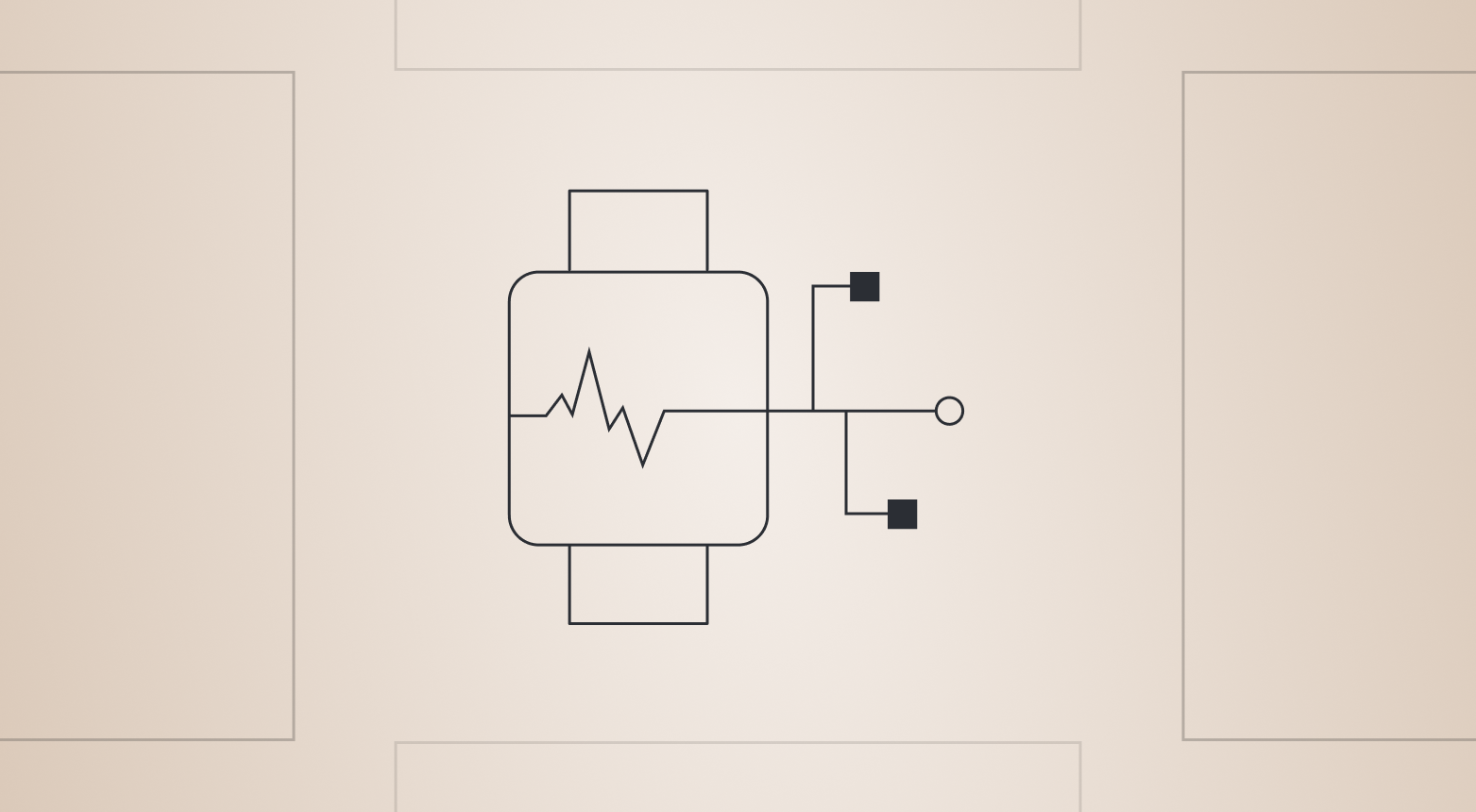Key Takeaways
- Momentum launches open-source FHIR MCP Server to eliminate weeks of FHIR learning and prevent LLM hallucination of medical codes through natural language interfaces.
- Built on Model Context Protocol, the server provides universal healthcare data integration working instantly with Claude, Cursor, and any MCP-compatible AI client.
- Addresses critical EHR integration challenges that generic AI tools cannot handle: medical terminology validation, compliance requirements, and clinical data accuracy.
- Delivers three production-ready capabilities: full FHIR resource operations, automatic LOINC code validation, and semantic search across medical documents.
- Enables developers to build tools where doctors query patient histories conversationally and create clinical decision support systems in days instead of months. Available now on Momentum's GitHub as open-source.
Is Your HealthTech Product Built for Success in Digital Health?
.avif)
Developers building AI solutions in healthcare face a frustrating reality. FHIR is the gold standard for healthcare data exchange, but it comes with overwhelming complexity. Teams spend weeks learning FHIR specifications instead of building healthcare solutions. Even worse, when LLMs try to work with medical data, they hallucinate LOINC codes and create inaccurate clinical queries.
At Momentum, we believe healthcare AI should be accessible to every developer. That's why we're introducing the FHIR MCP Server, an open-source tool that eliminates FHIR complexity through natural language interfaces powered by the Model Context Protocol.
What is the Model Context Protocol
The Model Context Protocol (MCP) creates a universal standard for connecting AI agents with data sources and tools. Think of it as a bridge that lets any AI client communicate with any system through a common language. Claude Desktop, Cursor, CoPilot, and other popular AI tools already support MCP out of the box. This means developers can build once and connect to multiple AI clients, while AI agents get secure, standardized access to healthcare data without custom integrations.
Why Healthcare Needs MCP
Healthcare systems require more than generic data protocols. Medical data is highly sensitive, strictly regulated, and incredibly complex. Standard AI agents struggle with healthcare-specific challenges like FHIR resource relationships, medical terminology validation, and compliance requirements.
Electronic Health Records (EHRs) and clinical systems generate vast amounts of structured data, but accessing this information efficiently requires specialized knowledge of healthcare standards and protocols. Healthcare developers need tools that understand medical contexts, prevent clinical data errors, and maintain security standards. Generic solutions simply can't handle the precision healthcare demands.
FHIR MCP Server Offering
Momentum's FHIR MCP Server bridges this gap with three core capabilities built specifically for healthcare development.
- Complete FHIR Integration: The server provides full CRUD operations for all major FHIR resources through dedicated tools. Developers get specialized modules for Patient, Observation, Condition, Medication, and other critical resources, plus a generic tool for any FHIR resource type.
- Intelligent Medical Terminology: Built-in LOINC integration automatically translates natural language queries into precise FHIR requests. When you ask "Has the patient had a lipid profile in the last year?", the system automatically finds the correct LOINC codes and generates accurate FHIR queries.
- Smart Document Processing: The RAG-enabled pipeline handles medical documents in multiple formats including TXT, PDF, CSV, and JSON. Documents are intelligently chunked and stored as vector embeddings in Pinecone, enabling semantic search across all patient documents without processing entire files.
FHIR MCP Server in Action
Consider a doctor reviewing a patient who complains of headaches. Instead of manually searching through patient history, they can simply ask in natural language whether any previously diagnosed conditions might be related to current symptoms.
The FHIR MCP Server automatically retrieves relevant patient conditions, analyzes medication history, checks recent lab results, and provides a comprehensive clinical picture. All through simple conversation with an AI assistant.
For healthcare developers, this means building clinical decision support systems that actually help doctors instead of creating more administrative burden.
Get Started with FHIR MCP Server
Whether you're building AI-powered clinical tools or need to integrate FHIR data into existing systems, FHIR MCP Server is production-ready and open source.
- Complete documentation, setup guides, and examples are available at github.com/the-momentum/fhir-mcp-server
- Watch our demos showing real patient data analysis and clinical workflows
- Configure with Claude Desktop, Cursor, or any MCP-compatible client in under five minutes
- Use the comprehensive SDK to create healthcare-specific AI agents that understand medical contexts
- Curious how to use this MCP server with custom agents built using LlamaIndex? Check out this GitHub Gist for step-by-step implementation
Healthcare development should focus on patient outcomes, not wrestling with data formats. With FHIR MCP Server, we're making that vision reality for every healthcare developer.
Frequently Asked Questions
The FHIR MCP Server is an open-source tool that provides a natural language interface for working with healthcare data in the FHIR format. It eliminates the need for developers to spend weeks learning FHIR specifications by allowing them to interact with healthcare data using conversational language instead of complex technical queries.
The Model Context Protocol is a standard that lets AI tools, servers, and clients exchange data in a structured way. It improves interoperability by giving large language models controlled, consistent access to external resources.
Generic AI tools face critical challenges with healthcare data. They often hallucinate medical codes (like LOINC codes), struggle with complex FHIR resource relationships, and can't ensure the clinical accuracy that healthcare applications require. Healthcare data demands specialized tools that understand medical terminology, validation requirements, and compliance standards.
You can build AI-powered clinical tools where doctors query patient histories conversationally, create clinical decision support systems that analyze patient data automatically, integrate FHIR data into existing healthcare applications, and develop tools that process and search through medical documents using natural language.
The server offers three core capabilities: complete FHIR integration with full CRUD operations for all major resources, intelligent medical terminology translation that automatically converts natural language to precise FHIR queries with correct LOINC codes, and smart document processing that enables semantic search across medical documents in multiple formats.
When you ask a question in natural language like "Has the patient had a lipid profile in the last year?", the server automatically identifies the correct LOINC codes, translates your query into a precise FHIR request, and retrieves the relevant data. This prevents the hallucination of medical codes that often occurs with standard LLMs.
FHIR MCP Server is available as open source on Momentum's GitHub at github.com/the-momentum/fhir-mcp-server. The repository includes complete documentation, setup guides, demos, and implementation examples.











.png)





